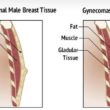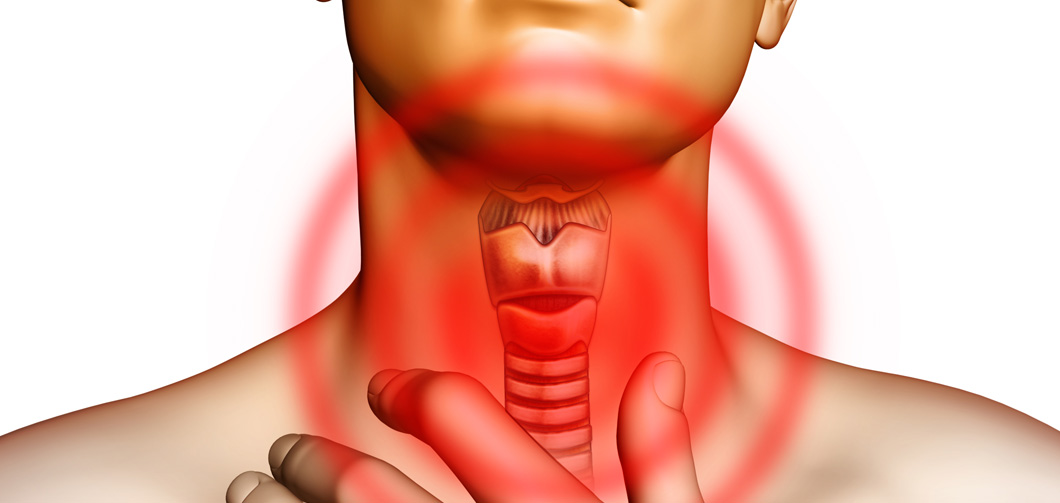Your thyroid emits hormones that control your metabolism. When too much of these hormones are produced, your body goes on the so-called hypermetabolic state wherein your metabolism is really fast, causing an assortment of signs and symptoms. Some of them include increased appetite, weight loss, rapid heart rate, increased blood pressure and insomnia. The thyroid may also enlarge, ending up as a goiter.
There are numerous causes of hyperthyroidism, such as the presence of tumor in the thyroid gland and an autoimmune disease called Graves’ disease. Medications and surgery are treatment options available. There’s also a variety of all-natural solutions for hypothyroidism that are proven effective, and they will be discussed later on.
Here are some of the most important details you need to know about this condition which affects the thyroid:
Causes
Experts say that the most common cause of hyperthyroidism is Graves’ disease, a type of autoimmune disease. The said disease is more common in women than in men, and it tends to run in families. Graves’ disease causes hyperthyroidism as it stimulates the thyroid to produce excessive amounts of hormones.
Other causes of hyperthyroidism include: inflammation of the thyroid, too much iodine, tumors of the testicle or ovary, tumors of the pituitary gland or thyroid itself, and excessive tetraiodothyronine, which is a hormone and obtained via the diet or intake of medications containing it.
Signs and Symptoms
Because hyperthyroidism results in an increased metabolism, you may experience the likes of increased blood pressure, rapid heart rate, hand tremors, excessive sweating and intolerance to heat. Definitely, there’s weight loss involved too. You may also experience frequent bowel movements. If you’re a woman, you may experience irregular period. If you’re a man, you may develop breasts.
As mentioned earlier, you may have a goiter too. It’s also possible for you to have what’s so called exophthalmos, which is the protrusion of one or both eyeballs and is associated with Graves’ disease.
Increased appetite, fatigue, anxiety, insomnia, nausea, vomiting and inability to concentrate are other symptoms of hyperthyroidism. You may also have itchy skin and brittle hair.
Shortness of breath, dizziness, rapid heart rate, fainting — these are indicators that immediate medical care is warranted because it can put the life of the patient in jeopardy.
Treatment
Drugs referred to as antithyroids are administered to stop the thyroid from producing hormones. Radioactive iodine may also be provided in order to destroy the cells in your thyroid that are responsible for the production of hormones. Both antithyroids and radioactive iodine are common treatments for the condition.
Surgery may be warranted too. In this treatment for hyperthyroidism, a portion or all of your thyroid gland will be surgically removed. After the procedure, you will have to take hormone supplements to ward off hypothyroidism, which is the exact opposite of hyperthyroidism.
There are also beta blockers available for individuals with hyperthyroidism. These are not treatments for the condition. Rather, they help in managing associated symptoms such as rapid heart rate, increased blood pressure and anxiety.
Natural Remedies
There are also a few all-natural steps that may be done for the management of hyperthyroidism. Some of them are:
- Avoid coffee and other caffeinated beverages.
- Limit your intake of anything with sugar and refined carbohydrates.
- Steer clear of gluten found in wheat, barley and rye.
- Have plenty of non-starchy foods.
- Include protein-rich foods in the diet.
- Opt for healthy fats such as avocados, fish, nuts, seeds and olive oil.
- Consume garlic, asparagus, broccoli and spinach as they help produce glutathione, an antioxidant.
- Avoid as much stressors as you can and do your best to manage stress.
- Drink lemon balm tea as it is said to be good at calming an overactive thyroid.
- A cup of motherwort tea thrice a day helps in dealing with a rapid heart rate caused by hyperthyroidism.












